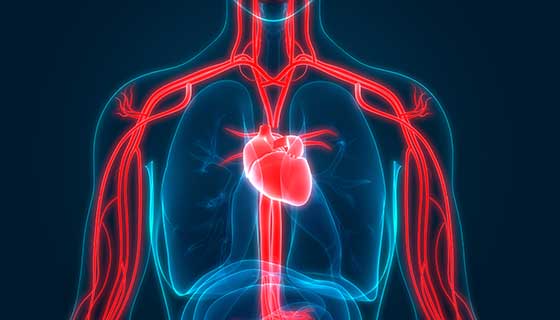TravelGas
Contributor
I did discuss the Coronary CT scan with my Dr. today. I have never had this test before and now have a script for it. It is not covered by my health insurance.A coronary CT scan including calcium score will do that for arteries. Veins are less of a concern.

The Heart Test You May Need—but Likely Haven’t Heard Of
Meet the coronary calcium scan, an accurate test that can help determine your future risk of heart attack or cardiovascular disease.www.hopkinsmedicine.org
This is a fairly complex and expensive test so it isn't typically done for routine screening, but patients with risk factors should discuss it with their doctor.
What is your Medical background?



